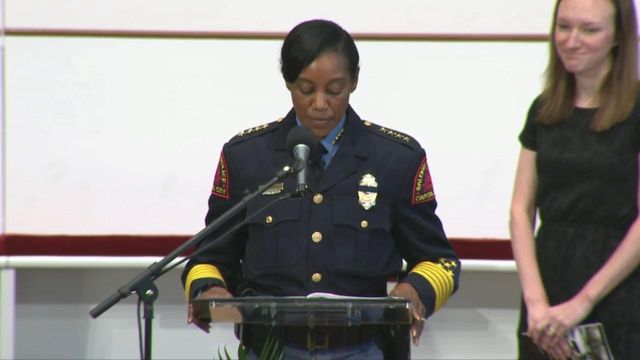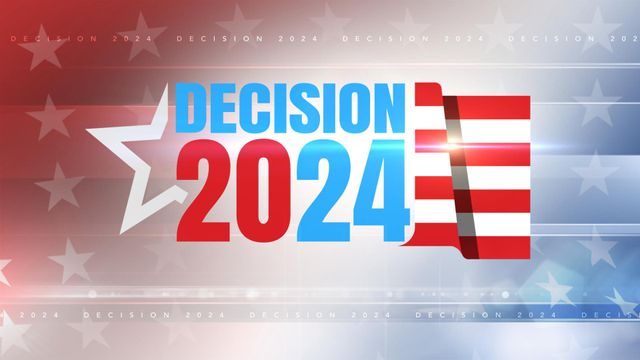Division of NC lottery proceeds dilutes impact
The North Carolina Education Lottery has generated $1.7 billion for education in the state since the first scratch-off tickets were sold almost five years ago.
Still, with school districts statewide in financial straits and considering cutting teaching jobs or piling more students into each class to balance their budgets, many North Carolina residents see the lottery as a boondoggle.
"I don't know what they do with the money. Where's the money go?" said Warren Liles, who sells plenty of lottery tickets at his convenience store on Poole Road in Raleigh.
Part of the problem, state officials say, is that the controversial 2005 law that created the state-run games divided lottery proceeds among too many needs – teacher salaries, pre-kindergarten programs, school construction and need-based college scholarships.
"The proceeds from the lottery for education is like parsley on the potato or cranberry sauce with the turkey dinner," Superintendent of Public Instruction June Atkinson said. "It provides additional funds, but never view the lottery as the main meal."
In the fiscal year that ended last June, for example, the lottery contributed $401 million to North Carolina's public schools. That is only about 5 percent of the $7.5 billion dollars in school spending statewide during the year, however.
"Millions will never be able to get us to the place when we need billions of dollars," Atkinson said.
Wake County received nearly $28 million in lottery funds during the 2009-10 school year, but that accounted for only 2.2 percent of the school district's $1.2 billion annual budget.
"I think that's one reason people are upset because they don't see the effects of the dollars," said state Rep. Harold Brubaker, R-Randolph.
Although he voted against the lottery law, Brubaker now argues that the proceeds need to be more focused and not spread among so many pots.
"What are you going to do to fill in the balance (when lottery money dips)?" he asked. "If you're simply dedicating those funds to brick and mortar, when you have the dollars, you pay off debt (and) build new schools. When it's slow, slow up."
Atkinson agrees that amending the lottery law to dedicate money to a single purpose would produce more impact.
"If we had a focus on one area such as technology or preschool education, then I think we'd be in a better place," she said.
Georgia is often looked to as one of the most successful state lotteries in the country because it funds only the Hope Scholarship, which provides free college tuition for state high school graduates with a B average. Yet, even Georgia's lottery is now struggling to pay for that promise.
Atkinson said she believes concentrating North Carolina's lottery money for a single purpose would build accountability. Lottery dollars often only replace general fund spending for education instead of supplement it, she noted.
The percentage of the state's General Fund budget going to public schools has dropped from 39.2 to 37.7 percent since the lottery's inception, despite a steady increase in overall state spending during that time.
"It's a shell game," House Majority Leader Paul Stam said. "The day the lottery started, they began supplanting (education funds)."











